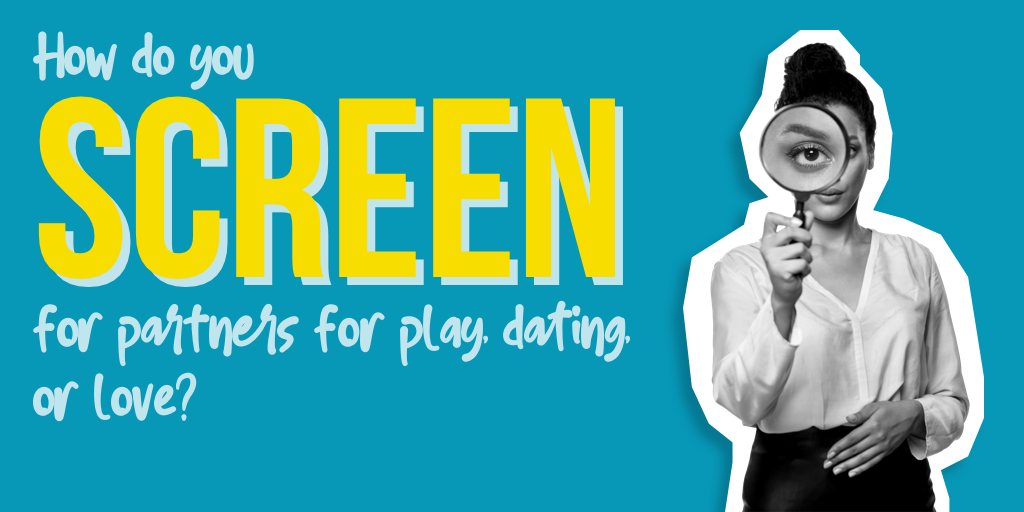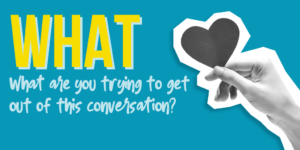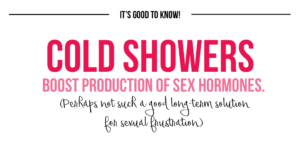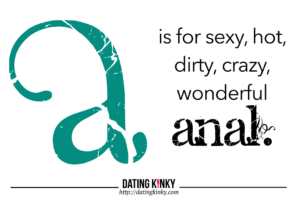In a private kink-adjacent group I’m in on Facebook (probably 98% male-identifying for context), a recent post asked:
“Sometimes we go about the subject of women as if they are these fragile flowery beings ignoring that there are the very powerful negative sides to women that undermine our being as men! Some women are so compromised in their habitual negative thinking, feeling, behaving that they are beyond salvage! Has anyone read this book?”
The book they posted was titled “An Exclusive Guide to Damaged Women.”
My reply was automatic and simple:
“I don’t think it really matters if someone is damaged or not.
It’s not about them. It’s about you.
Do whatever you are willing and ENJOY doing, and don’t do the rest. Then, it doesn’t matter about reading them or whatever, because you are living your best life.”
I got a lot of pushback. Here’s one reply from the original poster:
“Lack of awareness and deeper knowledge on women turn even strong men into derelicts. Damaged women will waste your time, energy and life. The issue is not about reading more but recognising the sign of a problem before you begin any relationship with a woman. Ask around from guys who have fallen victim to cunning, sly women. Ignorance is the worst place to be. Maybe you are “lucky” and have not met a toxic woman.”
I was able to verbalize more as the conversation continued and others joined:
To be clear, I’ve met plenty of toxic people. And as those of you reading/listening probably know, coaching/advising people about living their best sex/love/kink lives is my daily grind.
Toxic is not the only thing that will turn men (humans, really—this is not gender specific) into derelicts. Poor personal awareness, shitty boundaries, and a lack of self control are far more likely to be the cause.
So, I suggest that whether someone is toxic or not, If you only do what you know is right for you, and let all the others go, it doesn’t matter why they are not a fit (or if they are toxic), they just aren’t right FOR YOU.
I mean, you can label people:
- good
- bad
- pretty
- ugly
- smart
- sexy
- odd
Whatever. And I’m not going to say I don’t. If I did, that would be a lie. However, I use those labels ultimately to determine my EXPERIENCE of the person, not the person themselves (which could be a WHOLE ‘nother writing, and probably will be at some point).
They are either right for me, in this moment, or not.
Also useful to me: do they give energy or not?
Or at least not suck too much of my own energy? A relationship is an exchange of energy. A successful relationship (as I like to say A LOT) is a relationship where BOTH people feel like they receive far more than they give.
The wrong people almost always suck energy.
BUT, just because they suck energy from me doesn’t mean they are damaged. Or maybe they are (aren’t most of us, in one way or another), but that damage may not be a problem for the right connection.
So what’s most important to me is not whether someone has trauma or is damaged or can be odd or whatever. It’s whether they are a good fit for me. And my screening has become intuitive to me over the years, as I’ve discovered what really works and what doesn’t.
I started with what you might consider obvious tests. One I’ve written about before is the easiest for me: Say “No.”
This may not work for everyone, but it’s a good one for me.
I simply say “No” to something. It’s easy. A date request? I’ll say “No” to that day, rather than clearing my schedule (I always have plans for SOMETHING, even if it’s just chilling by myself and reading), and see what happens.
How a person reacts to a “No” tells me a great deal about whether they are a good fit for me.
I also write my dating profiles to screen people out, by putting as much ME into the profile as possible. If they don’t like it, great! Pre-screening works! If they do like it, well, we can get deeper into details.
Of course that’s not all.
I also like to see how they take being wrong. I like to see how they act when I make a mistake and admit to being wrong. I want to gauge how they respond to a vulnerability. And how they act after they have shared one of theirs. Does their demeanor change when they are introduced to something new? How are they in groups of people they don’t know?
And more.
So much more.
Now, I don’t so all of this screening in the first conversation, or the first date.
I wouldn’t even say I do all of it in the first year, or first five years.
It’s second nature to me now, to notice the rough spots, and think of what those might mean to me and our fit over the long term.
I’m constantly adjusting my experience of the person and what I plan for/with them.
And as people change, the same screenings over years might give radically different results.
What are your thoughts?
What do you screen for in the people you engage with for play, dating, or love? It is a natural process, or do you specifically make an effort to “test” people? Maybe both?
Are you willing to share how you might screen, and when it’s important to you?









